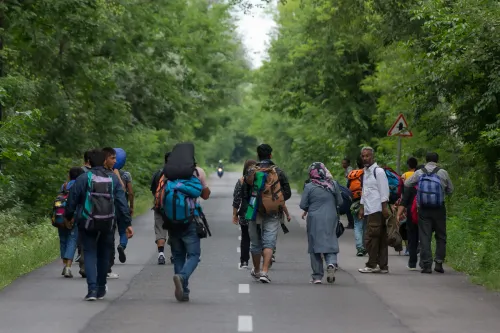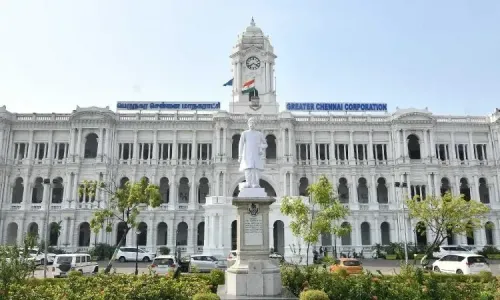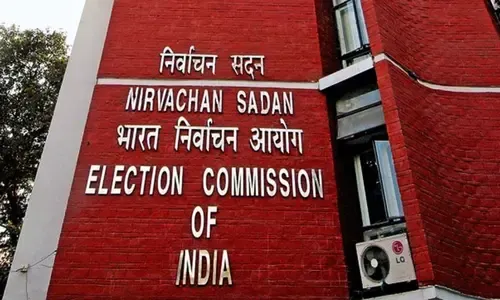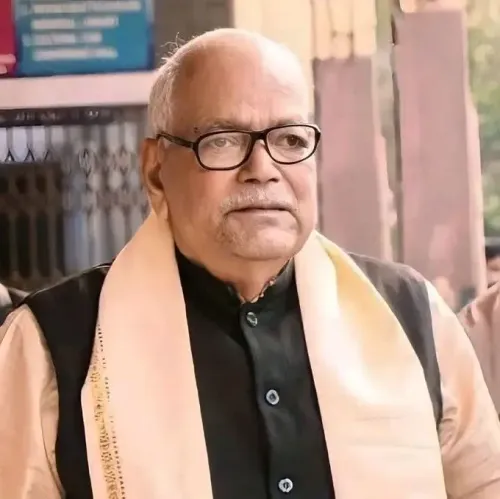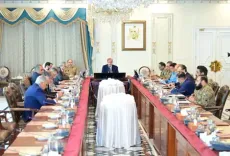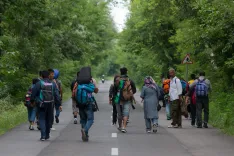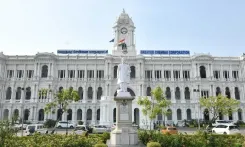Will the SC Address Petitions Against Electoral Rolls Revision in Bihar on July 10?
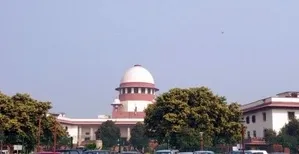
Synopsis
Key Takeaways
- Supreme Court to hear petitions on July 10.
- Concerns about voter disenfranchisement.
- Prominent lawyers advocating for voters' rights.
- Revisions may impact other states.
- Political representatives demand electoral roll improvements.
New Delhi, Jul 7 (NationPress) The Supreme Court has scheduled a hearing for July 10 regarding a series of petitions contesting the Election Commission’s choice to amend the electoral rolls in Bihar, which is preparing for elections. A Bench comprising Justices Sudhanshu Dhulia and Joymalya Bagchi has consented to address the challenges to the ECI’s directive for a Special Intensive Revision (SIR) of the electoral rolls after a group of lawyers, including notable figures like Kapil Sibal, Abhishek Manu Singhvi, Gopal Sankaranarayanan, and Shadan Farasat, urged for an urgent review.
Multiple petitions have been submitted to the Supreme Court asserting that if the June 26 order issued by the Election Commission mandating the SIR is not overturned, it could “unjustly” and “without due process” disenfranchise numerous voters, compromising the integrity of elections and the democratic framework, which is fundamental to the Constitution.
In her petition, Trinamool Congress (TMC) MP Mahua Moitra expressed concern that this second revision of the voters' list might be implemented in West Bengal as well, urging the Supreme Court to prevent the Election Commission from enacting similar directives for the SIR of electoral rolls in other states.
Moitra, represented by her lawyer Neha Rathi, claimed that this is the “first time in the nation” that the Election Commission is enforcing such a measure, where voters, whose names are already listed and who have previously cast their votes, are compelled to validate their eligibility.
According to her plea, the SIR’s requirement for voters to revalidate their eligibility through documentation is “ridiculous”, as most have already exercised their voting rights several times in both Assembly and general elections based on their existing credentials.
In light of the ongoing debate, Chief Election Commissioner Gyanesh Kumar remarked that all political leaders in Bihar concurred that the electoral rolls were “not satisfactory”, prompting the Commission to undertake a comprehensive revision.
“Over the last four months, all 4,123 Electoral Registration Officers (EROs), 775 District Election Officers (DEOs), and 36 Chief Electoral Officers (CEOs) have convened nearly 5,000 discussions with representatives from 28,000 political parties. The ECI has also welcomed all recognized parties for dialogue. No one expressed contentment with the current state of electoral rolls for various reasons,” the CEC stated.
IANS
--pds/mr


